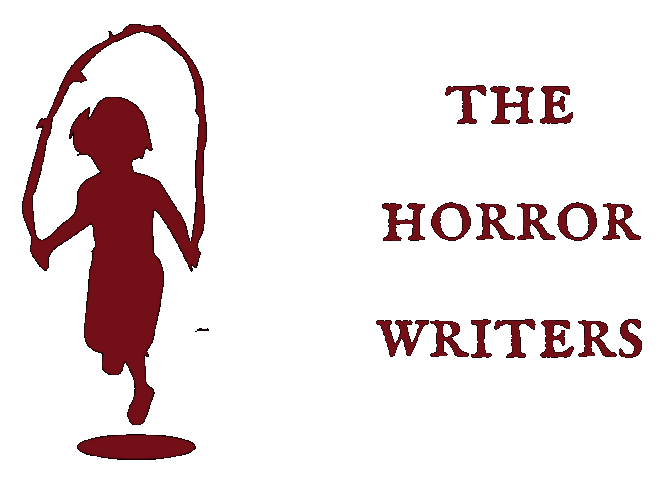It’s done. You’ve finished your beautiful, haunting work of art and for once, you’re happy with the result. You’re confident enough to not only share your story, but to put it up against countless others in a competition to see who has the best storytelling skills. You decide to enter a writing contest.
Entering a writing contest raises questions: How do I stand out among the sea of entries? What are the judges looking for? Will they even look at my entry?
I recently judged submissions for Horror Writers’ first flash fiction contest, and had the opportunity to see what it was like on the other side of the table. Within hours of opening for submissions, my inbox was flooded with entries from both new and published authors, all with a story to tell. I reached out to a few friends who served as judges for writing contests in the past and learned how to make my task easier. Now that the contest is over and the winner has been chosen, I can share some tips with you.
Any contest judge or slush reader will tell you: when we’re sitting under a mountain of submissions and only have a few open slots for winners, we are reading to reject.
I’ll say that again: we are reading to reject.

You may have a stellar story that is sure to keep readers up at night, but if you don’t present that story properly, the judge won’t look past the title. Here are 7 ways to lose a writing contest:
1. Don’t bother with proofreading. If you’re of the mind that true art is effortless and copyeditors are for losers, then feel free to send in that rough draft as a final submission. Judges don’t want to spend their time correcting basic grammatical errors in order to make your story readable. A sloppy story WILL get passed over for a weaker story that’s more polished and tightly written.
2. Don’t bother with following submission guidelines. Format predicts quality, straight up. When a publication sets forth rules on how your email should be titled, story format, and so forth, they aren’t just trying to make their job easier (though that is part of it). They are checking to see who can follow basic instructions. If I decree that email submissions look like this: CONTEST SUBMISSION: [TITLE]-[WORDCOUNT], and I get something titled “Hey, here’s my story I hope you like it”…I’m not even going to open the email. In our last flash fiction contest, I threw out 3 submissions for this exact reason.
3. Feel free to ignore word count limits. Go ahead and send in that 4,500 word masterpiece to that microfiction competition. The judge will hate you with the fire of a thousand suns and will make a mental note (and possibly a physical one) to never support your work in any way, ever.
4. Start your story slowly. Judges often pass the biggest judgment on the first page of a piece. If we don’t care about what happens next, we stop there. For flash fiction, it’s the first paragraph. For microfiction, it’s the first sentence. Our inbox is full of more submissions, and we are looking to whittle down the submisssion to a small group of finalists. A quick way to weed out the weakest entries is to discard any story where the beginning fails to make us want to continue. So, if you’re trying to avoid that lucrative contest prize, don’t draw your reader in or begin with a bang.
5. Keep your character as flat as possible. Don’t worry about developing them or making your reader care about them. It makes it easier for the contest judge to check out of your story early on, and discard your entry in favor of one that features a compelling protagonist.
6. Hit your reader with the same thing they’ve read a thousand times before. That plot twist you saw in The 6th Sense is not only a crazy turn of events, it’s also a great way to guarantee that your submission gets tossed right into the trash folder.
7. Leave your reader hanging. Psst: We can tell when you got dangerously close to hitting your word count limit and panicked. Maybe you spent so much time on character development (see #5) that you ran out of room in the end. Whatever the reason, your judge will be frustrated that they invested in the story only to get slapped with an unsatisfactory resolution. They’ll tell their friends. They’ll tell their cat. They’ll also hit “delete” on your submission.
In a writing contest, it’s not enough to have a really great story concept. The sheer volume of entries limits the amount of time that each judge can dedicate towards absorbing your work. As a result, it becomes important that you not only polish your work and keep it compelling, but you must prove that you can follow simple instructions. These are the best ways to guarantee that your story will get the attention it deserves.
Have you committed any of these contest-writing sins? Let us know in the comments below.






